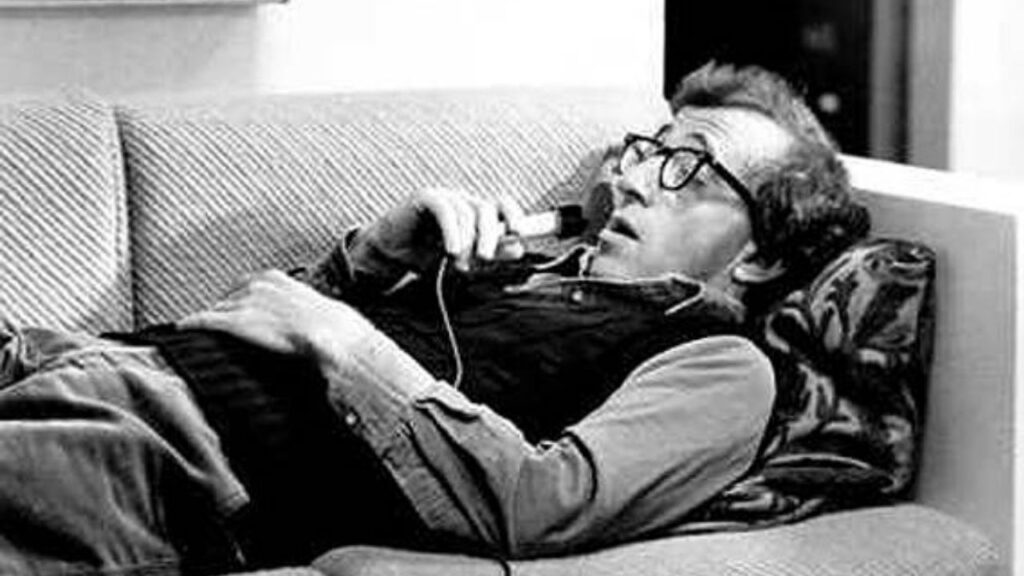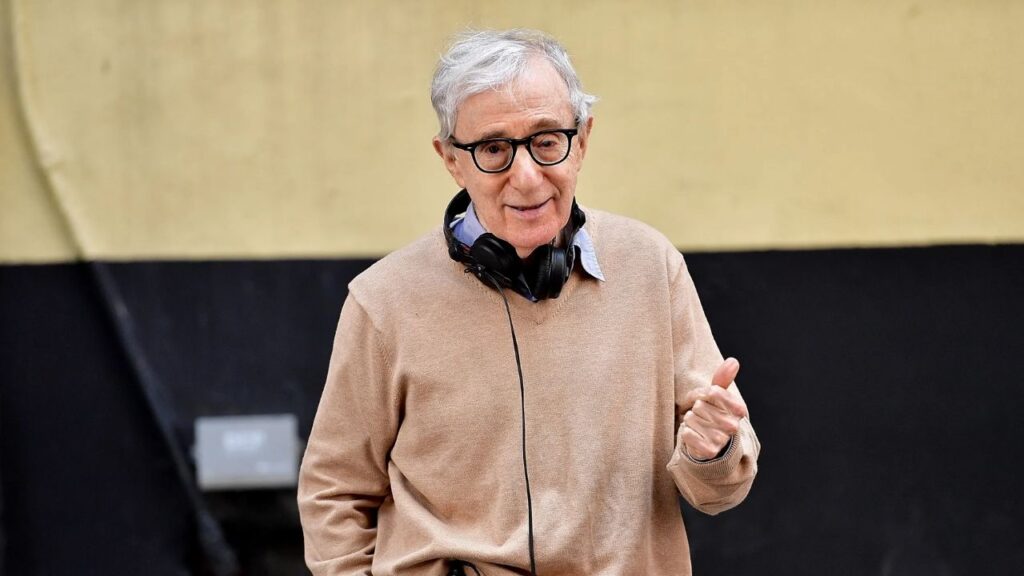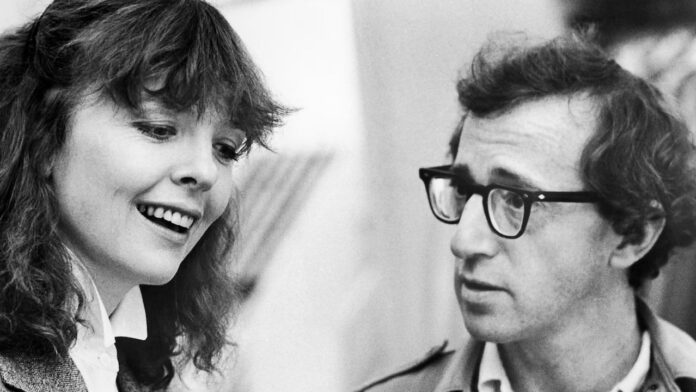Woody Allen’s ‘Manhattan‘ is often seen as one of the most famous films about New York City. The black-and-white movie captures the charm and chaos of city life. For decades, it was praised as one of his greatest achievements and a love letter to New York itself.
But few people know that the director himself once wanted to stop the movie from being released. What could make a filmmaker turn against one of his most loved movies?
Woody Allen Wanted to Back Out Of ‘Manhattan’

Released in 1979, Manhattan follows Isaac, played by Woody Allen, a 42-year-old comedy writer trying to figure out his life in New York City. Among his many problems is a relationship with Tracy, a 17-year-old high school student played by Mariel Hemingway. When the film first came out, most critics didn’t think much about the age gap; they treated it as part of the film’s quirky, urban charm.
But years later, things changed. In the early 1990s, details from Allen’s personal life started to surface. During his breakup with actress Mia Farrow, it came out that he was having a relationship with her adopted daughter, Soon-Yi Previn. Around the same time, Farrow’s daughter, Dylan, accused Allen of sexual abuse in 1992. The case was dropped, but Dylan has continued to speak about it for years.
As these stories became public, people began to view Manhattan in a very different light. The story that once seemed romantic now felt uncomfortable.
How Allen’s Real-Life Impacted His Career

In a 2016 interview, Allen revealed that he once asked United Artists not to release the movie. He said he was unhappy with how it turned out. In fact, he even offered to make another film for free if they agreed to cancel its release. Allen admitted that he rarely rewatched his own films and didn’t feel emotionally attached to most of them.
In case you missed it: The True Story Of Diane Keaton Behind ‘Annie Hall’s Wardrobe
When asked which ones he’d keep, he named a few favorites: Zelig, The Purple Rose of Cairo, Husbands and Wives, Match Point, and Midnight in Paris. But Manhattan, even Annie Hall, his Oscar-winning hit, didn’t make the list.
But Arthur Krim, the head of United Artists, refused. According to Allen, Krim told him he was “crazy” for suggesting the studio throw away a film that had cost millions to make. United Artists had borrowed heavily to fund it, and backing out now, Krim said, would be “insane.” Despite Allen’s protests, Manhattan was released and became one of his biggest successes.
Ironically, the film that Allen viewed as a disappointment went on to define his career. Reflecting on it later, he admitted that its success was largely due to luck. He said artists often take credit for things that happen beyond their control, and Manhattan was one of those moments.





